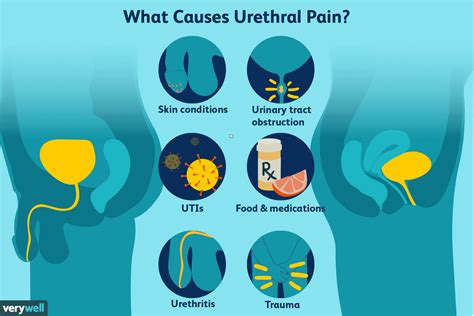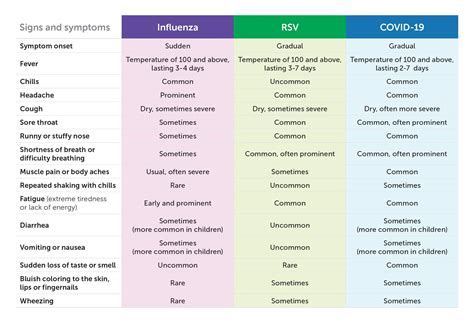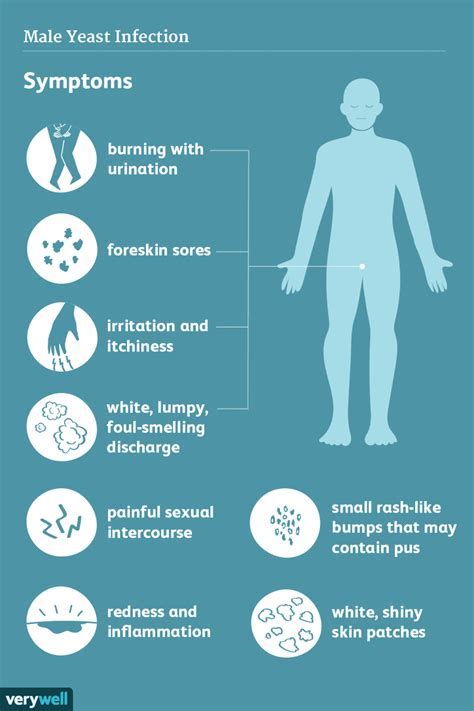Intro
Experience relief from burning inside urethra pain with expert insights on causes, symptoms, and treatments, including UTI, prostate issues, and urethral stricture, to alleviate discomfort and promote urinary health.
The sensation of burning inside the urethra can be a distressing and uncomfortable experience for anyone. It's essential to understand the possible causes and seek medical attention if the pain persists. Urethral burning can be a symptom of various conditions, ranging from minor issues to more serious health problems. In this article, we will delve into the world of urethral health, exploring the reasons behind this burning sensation, its relationship with other symptoms, and the steps you can take to alleviate the discomfort.
The urethra is a narrow tube that carries urine from the bladder out of the body. In men, it also serves as a passageway for semen. Given its crucial role in the urinary and reproductive systems, any irritation or inflammation in this area can lead to significant discomfort. Burning inside the urethra can be described as a stinging, sharp, or prickling sensation that may be constant or occur only during urination. This symptom can be accompanied by other signs such as frequent urination, discharge, or difficulty starting to urinate.
Understanding the causes of urethral burning is vital for effective treatment and prevention. Common causes include urinary tract infections (UTIs), which are more prevalent in women due to their shorter urethra. Sexually transmitted infections (STIs) like chlamydia, gonorrhea, and herpes can also lead to urethral burning. Other factors such as urethral stricture, where the urethra narrows due to injury or infection, prostate issues in men, and certain medications can contribute to this condition. Additionally, practices like holding urine for extended periods, using harsh soaps, or engaging in intense physical activities can irritate the urethra and lead to burning sensations.
Causes of Urethral Burning

To address urethral burning effectively, it's crucial to identify the underlying cause. This involves a combination of medical history, physical examination, and sometimes, diagnostic tests such as urinalysis or cultures to check for infections. Treatment plans vary depending on the cause but often include antibiotics for bacterial infections, antiviral medications for STIs, and lifestyle changes to reduce irritation and prevent future occurrences.
Urinary Tract Infections (UTIs)
UTIs are among the most common causes of urethral burning. These infections occur when bacteria enter the urinary tract, causing inflammation and discomfort. Women are more prone to UTIs due to their anatomy, but men can also develop these infections. Symptoms of UTIs include burning during urination, frequent urination, and abdominal pain. Treatment typically involves a course of antibiotics, and there are also steps individuals can take to prevent UTIs, such as drinking plenty of water, urinating when needed, and practicing good hygiene.Diagnosis and Treatment

Diagnosing the cause of urethral burning is the first step towards effective treatment. Healthcare providers may use various methods, including physical exams, medical history reviews, and laboratory tests. For instance, a urinalysis can help identify infections, while imaging tests might be used to check for structural issues like urethral strictures. Once the cause is determined, treatment can begin. This might involve medication for infections, procedures to address strictures or other physical issues, and lifestyle adjustments to alleviate symptoms and prevent recurrence.
Prevention Strategies
Preventing urethral burning involves a combination of lifestyle changes and good hygiene practices. Drinking enough water helps to flush out bacteria from the urinary tract, reducing the risk of UTIs. Practicing safe sex, such as using condoms, can lower the risk of STIs. Avoiding irritants like certain soaps or spermicides and wearing breathable clothing can also help. For individuals prone to UTIs, taking preventive measures such as urinating after sexual activity and avoiding holding urine for long periods can be beneficial.Lifestyle Adjustments for Relief

Making lifestyle adjustments can provide relief from urethral burning and help prevent future episodes. This includes dietary changes, such as avoiding spicy or acidic foods that can irritate the bladder, and staying hydrated. Stress management techniques, like meditation or yoga, can also be beneficial, as stress can exacerbate symptoms. Furthermore, maintaining a healthy weight, exercising regularly, and getting enough sleep can contribute to overall urinary health and reduce the risk of conditions that lead to urethral burning.
Home Remedies and Self-Care
In addition to medical treatment, there are several home remedies and self-care practices that can help alleviate urethral burning. Applying a warm heating pad to the lower abdomen may help soothe the pain. Practicing good hygiene, such as wiping from front to back for women, can prevent bacteria from entering the urethra. Avoiding tight clothing and certain types of underwear can also reduce irritation. Moreover, taking over-the-counter pain relievers like ibuprofen or acetaminophen can help manage discomfort and pain.Complications and Long-Term Effects

If left untreated, urethral burning can lead to complications and long-term effects. Untreated UTIs, for example, can spread to the kidneys, causing more severe infections like pyelonephritis. In men, untreated STIs can lead to epididymitis, an inflammation of the tube at the back of the testicle that stores and carries sperm. Chronic urethral burning can also lead to emotional distress and impact quality of life. Therefore, seeking medical attention promptly is crucial for preventing these complications and ensuring timely treatment.
Psychological Impact
The psychological impact of urethral burning should not be underestimated. Living with chronic pain or discomfort can lead to anxiety, depression, and stress. The fear of pain during urination can cause individuals to limit their fluid intake, potentially leading to dehydration and other health issues. It's essential for individuals experiencing urethral burning to discuss their symptoms and feelings with a healthcare provider, who can offer support and guidance on managing both the physical and emotional aspects of the condition.Seeking Medical Help

Seeking medical help is a critical step in addressing urethral burning. A healthcare provider can diagnose the underlying cause and recommend appropriate treatment. It's essential to be open and honest about symptoms, medical history, and lifestyle habits to ensure an accurate diagnosis. For individuals experiencing severe symptoms such as difficulty urinating, blood in the urine, or severe abdominal pain, seeking immediate medical attention is crucial.
Future Directions in Treatment
Research into the causes and treatments of urethral burning is ongoing. Future directions may include the development of new antibiotics to combat resistant bacterial strains, innovative treatments for urethral strictures, and enhanced preventive measures. Additionally, there is a growing interest in alternative therapies and natural remedies that could offer relief from urethral burning without the side effects associated with some conventional treatments.Conclusion and Final Thoughts

In conclusion, urethral burning is a symptom that should not be ignored. It can be a sign of an underlying condition that requires medical attention. By understanding the causes, seeking appropriate treatment, and making lifestyle adjustments, individuals can find relief from this discomfort. It's crucial to prioritize urethral health as part of overall well-being, taking proactive steps to prevent infections and other issues that can lead to urethral burning.
What are the common causes of urethral burning?
+Common causes include urinary tract infections (UTIs), sexually transmitted infections (STIs), urethral stricture, and certain medications.
How is urethral burning diagnosed?
+Diagnosis involves a physical exam, medical history review, and laboratory tests such as urinalysis or cultures to check for infections.
Can urethral burning be prevented?
+Yes, prevention strategies include drinking enough water, practicing safe sex, avoiding irritants, and maintaining good hygiene practices.
We invite you to share your thoughts and experiences with urethral burning in the comments below. If you found this article informative, please consider sharing it with others who might benefit from this information. Together, we can raise awareness about urethral health and support those seeking relief from this distressing symptom.
